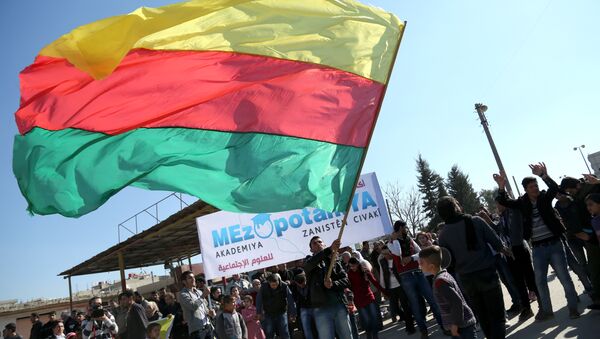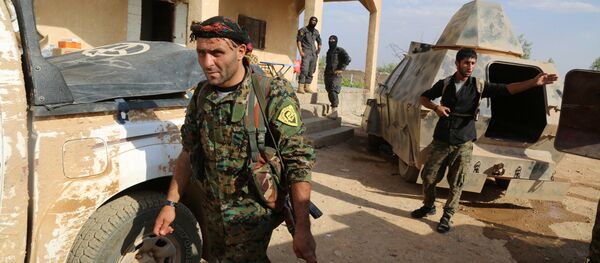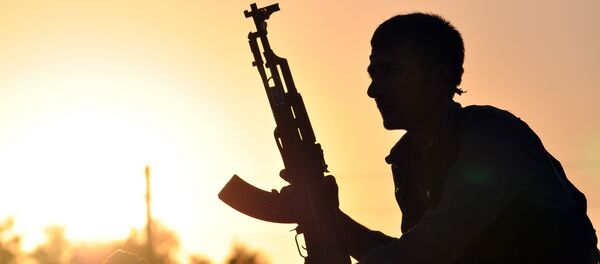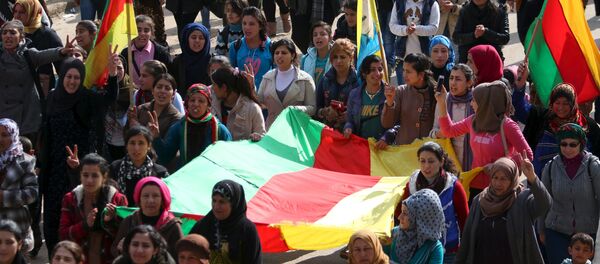“Our purpose is to tell the US about Rojava. We would like to establish good relations with many countries. And together with the US we are already fighting against Daesh (IS/ISIL), Siyanek Dibo told Sputnik Turkiye.
He also noted that Rojava already has good ties with Russia. On February 10, Rojava, which the politician also refers to as the “Democratic Autonomy of Rojava” opened its Representative Office in Moscow.
“We already have a stable relationship with Russia,” he said.
“We opened the first Representative Office of the Democratic Autonomy of Rojava in Russia. Our Moscow office is working actively. Russia is playing a vital role in the international arena, in the Middle East and in Syria,” Dibo said.
He also noted that Syrian Kurds are trying to establish relations with all those contributing to settling the problems in Syria and in the whole region of the Middle East.
Siyanek Dibo reminded that Syrian Kurds are fighting against Daesh and noted that they expect to be supported in this fight. According to the politician, all the global powers should take an active part in the fight against terrorism.
He also commented on the operation to liberate the city of Manbij.
“Many positions in the city have already been retaken from Daesh. In the nearest future the whole city will be cleaned from terrorists,” he said, adding that the Kurds and other civilians in the city districts have been subjected to persecution for four years already.
The Federation of North Syria — Rojava was declared on March 17 as a de facto autonomous region originating in three self-governing cantons in northern Syria: most of al-Hasakah Governorate, the northern parts of Al-Raqqah Governorate and the northern parts of Aleppo Governorate were arranged into a federation.
It is unrecognized as autonomous by the government of Syria.
According to the Kurds, Rojava is one of the four parts of the so-called Greater Kurdistan, which also includes parts of southeastern Turkey (Northern Kurdistan), northern Iraq (Southern Kurdistan), and northwestern Iran (Eastern Kurdistan).
Its 200-person Constitutive Assembly – composed of Kurds, Arabs, Syriacs, Assyrians, Armenians, Turkmens and Chechens from Efrin, Cizire, Kobane, Gire Spi cantons and the Şeddade, Aleppo and Şehba regions, are presided over by two co-presidents Hediye Yusuf (a Kurd) and Mensur El-Selum (an Arab).






